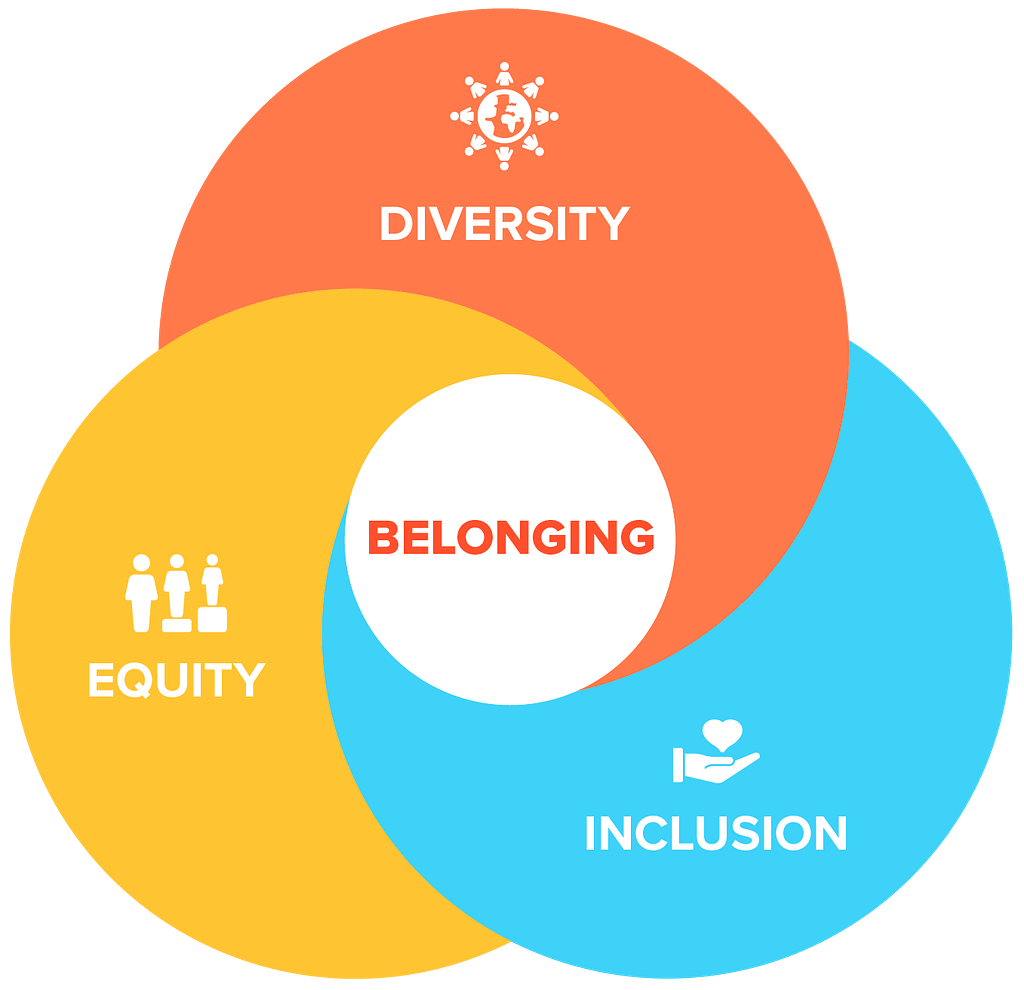Diversity, Equity, and Inclusion (DEI) initiatives have sadly gained widespread adoption in workplaces, schools, and communities. While these efforts aim to address “systemic inequities” and create inclusive environments, they have not been without criticism. Proponents prioritize optics over substance since there is no substance to this initiative. A critical examination of DEI reveals some inherent challenges and unintended consequences that warrant discussion. Democrats and progressives are leading the charge on this.
DEI often prioritizes optics over substance
One critique is that DEI often prioritizes optics over substance. Organizations sometimes treat DEI as a public relations exercise, focusing on meeting diversity quotas or launching visible campaigns rather than addressing deep-seated structural inequities. This “check-the-box” approach risks fostering cynicism and undermining the genuine progress needed to build equitable systems.

Moreover, DEI emphasizes differences over commonalities, creating a fragmented environment. By categorizing individuals primarily by race, gender, or other identity markers, these programs reinforce stereotypes or foster a sense of division. Critics argue that this approach can reduce individuals to their demographic characteristics, overshadowing their unique talents and experiences.
Another concern is the potential for DEI to stifle open dialogue. In some cases, DEI training and policies can create a fear of saying the wrong thing, which discourages authentic conversations. The result is a toxic culture where people may feel compelled to conform rather than engage in meaningful exchanges about complex issues.
Finally, questions arise about the efficacy of DEI training itself. Research has shown mixed results, with some studies suggesting that poorly designed programs can even backfire, reinforcing biases instead of dismantling them.
Way Forward
While the “goals” of DEI—fairness, representation, and inclusion—are laudable, the methods of achieving these outcomes deserve scrutiny. DEI will never be effective, in my opinion. It will continue to highlight differences and destroy the fabric of society with the spreading of wildly false lies and perceived inequality. Fortunately with a new administration about to start many institutions and businesses are starting to roll back these utterly asinine initiatives

